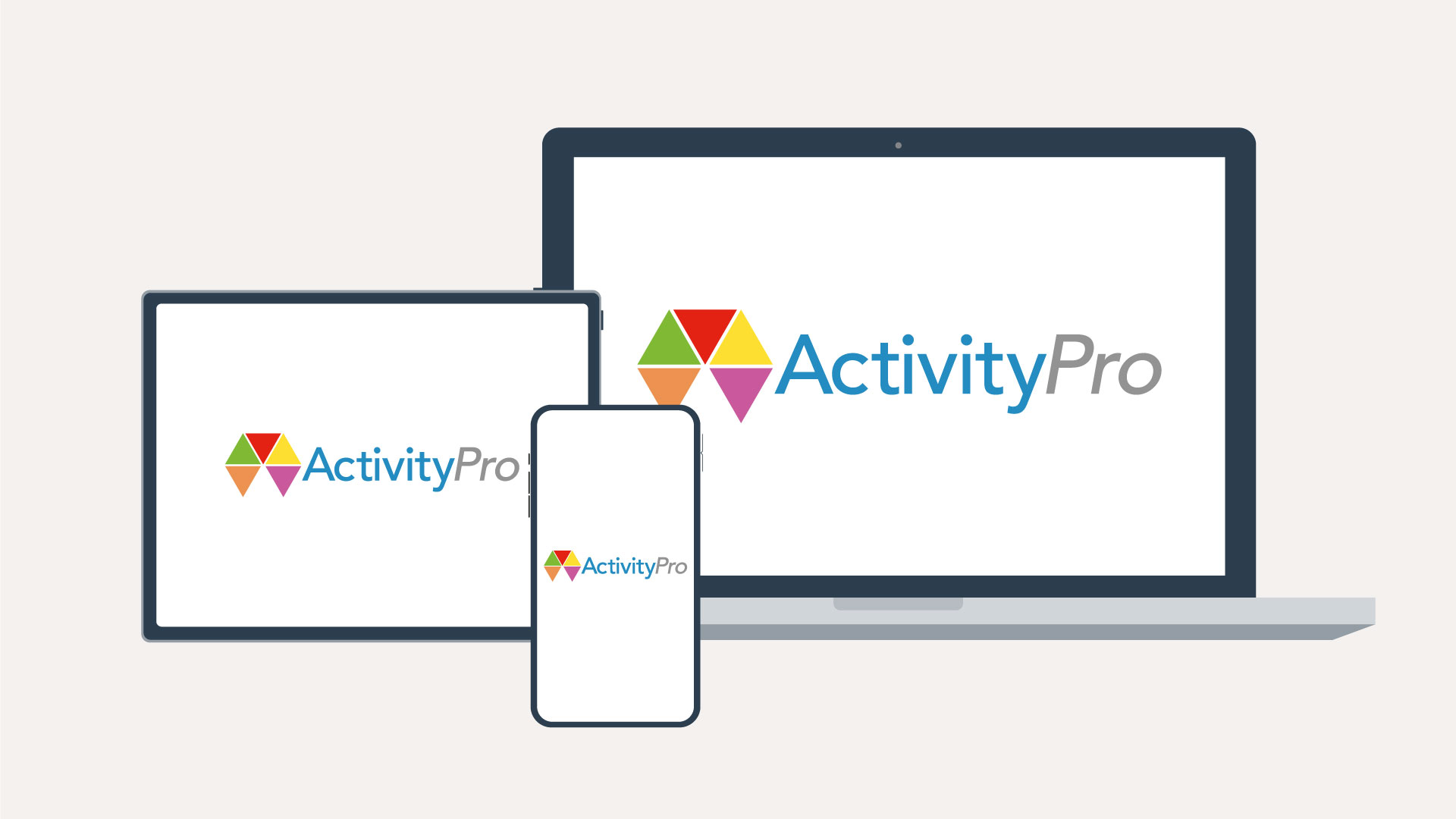
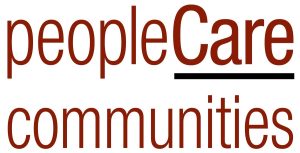
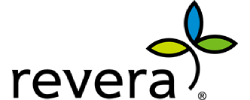
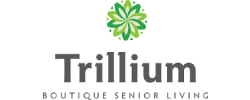
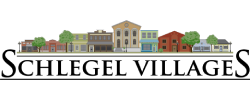

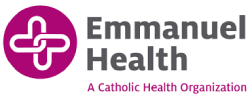
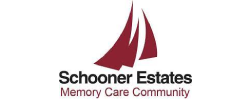
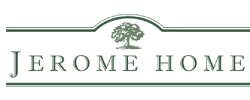
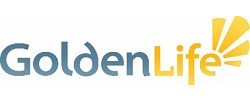
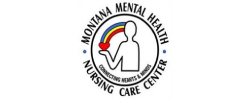


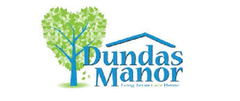

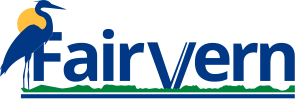
With ActivityPro you go beyond tracking attendance as present-absent or active-passive, and measure the true quality of resident engagement. With our tools you can proactively improve your programming.
Prove how well your residents are doing, the effectiveness of your programs, and your organization’s commitment to person-centered care.
Validate which activities are working and match activities to individual residents’ abilities and interests.
Save time by easily generating the data you need to report to your government or health authority.
Powerful dashboards, comparative tools and reports to identify successes and challenges, and develop best practices across your organization.
Connect your computer or tablet to our secure HIPAA compliant service.
A calendar builder that is easy to use and tailored for the unique needs of recreation departments. Quickly customize and print multiple calendars for your home.
Give families access to family oriented activity reports, calendars, photo/video sharing, and more with ActivityPro’s secure family portal.
Track, manage, and report volunteer hours. Collect volunteer documents and create your own on-boarding checklists.
Save 100% of your resident administration time in ActivityPro with our PointClickCare integration. Easily post progress notes, reports, care plans, and assessments into PointClickCare.

